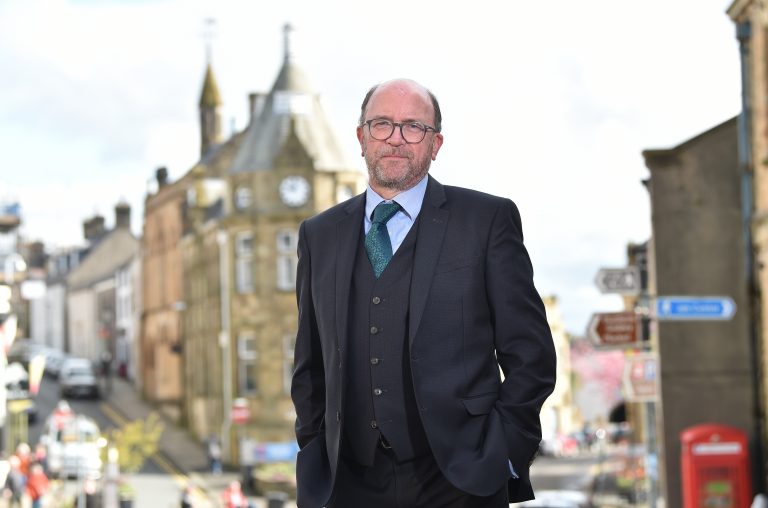
What happens if a valid will is found after the administration of an estate?

Edward Stanley, director at Harrison Drury and head of the contentious probate team, discusses the circumstances regarding the discovery of forgotten wills and the potential outcomes for new beneficiaries.
The recent revelation by Lloyds Bank that it has discovered around 9,000 forgotten wills in its ‘Safe Custody Service’ raises a number of interesting questions regarding the storage and retrieval of wills.
A relatively small number of these newly discovered wills (yet still put at hundreds), relate to deaths where the estate has been wrongly dealt with and contrary to the deceased’s last wishes.
So, what happens if an estate has already been distributed to beneficiaries either under a previous will or on the assumption no will existed (under the ‘intestacy rules’) when a current will is found? Is it too late for those beneficiaries named in the newly discovered will to do anything about it and make a claim?
And if so, against whom? What about those who have received the estate innocently but, it transpires, were not entitled to it? And what about the original executors or administrators of the estate – where does this leave them?
Potential outcomes
Instances where the estate of a deceased person has been administered, then a valid will discovered afterwards dictating a different order of distributions and/or different beneficiaries, are thankfully quite rare.
Points for consideration for potential beneficiaries claiming under these circumstances include:
- The executors under the newly discovered will can ask the court to revoke the original grant of probate (or ‘letters of administration’ if an intestacy was presumed).
- The courts are relaxed about time limits for requests to revoke a will. A leading case in this area involved an application for the grant to be revoked where a more recent will had not been discovered until 25 years after the date of death.
- A new grant of probate would have to be issued enabling the estate to be dealt with under the terms of the new will.
- There could be consequences for the way the estate is treated for tax purposes, especially where estate-planning measures in the newly discovered will were not implemented.
- If the estate has already been distributed, the new executors must consider if they are able to recover assets that were incorrectly distributed under the previous will.
- The beneficiaries under the previous will may be liable to repay any cash they have received.
- If the previous beneficiaries have substantially converted an asset into something else, have destroyed it or have divested their interest in it, the doctrine of ademption may apply, thereby preventing recovery of the asset under the new will.
- Claims against the purchasers of property bought from the previous executors may fail if such a purchase was entered into in good faith.
- Claims for recovery of assets and the recovery of legal costs paid under the old administration of the estate could fail if the previous executors can show that they acted in good faith and had no indication that there might have been another more recent will.
- Claims previously made under the Inheritance (Provision for Family and Dependants) Act 1975 may be resurrected or new ones brought.
Claims for negligence
Where the estate has been depleted by the previous administration and unable to be recovered from source, the executors and beneficiaries of the new will may have claims for negligence against the party who had (whether deliberately or inadvertently) supressed the existence of the new will.
Lloyds has sought to reassure beneficiaries of invalid gifts by reportedly promising that assets distributed to the wrong persons under the old invalid will, will not be clawed back.
Unfortunately, where the deceased’s body has been disposed of other than in a way commensurate with any wishes expressed in the new will, there is unlikely to be any redress.
Storing wills for the future
The recent processing failure by Lloyds Bank highlights the need for people to consider very carefully whether they should continue to store their wills in a bank safety deposit box that typically will not be accessible by anyone post-death until a grant of probate or letters of administration has been obtained.
The Society of Trust and Estate Practitioners (STEP) recommends that if someone has an existing will stored in this way, it should be moved elsewhere to ensure it is accessible and its whereabouts known to executor(s) in the event of their death.
Several options include storage with a solicitor (if applicable) or with the Probate Service for a fee of £20.
If you have been affected by the issues surrounding the discovery of the lost Lloyds wills, or feel you have lost out because an estate has been distributed to the wrong people under similar circumstances, you should seek specialist legal advice to deal with this complex area of law.
Edward is an expert in contentious wills and probate. He has been involved in cases across the country, where a will has been discovered after the issue of a grant of representation.
If you would like more information or advice on contesting a will or an estate, please contact Edward Stanley on 01772 258321.
